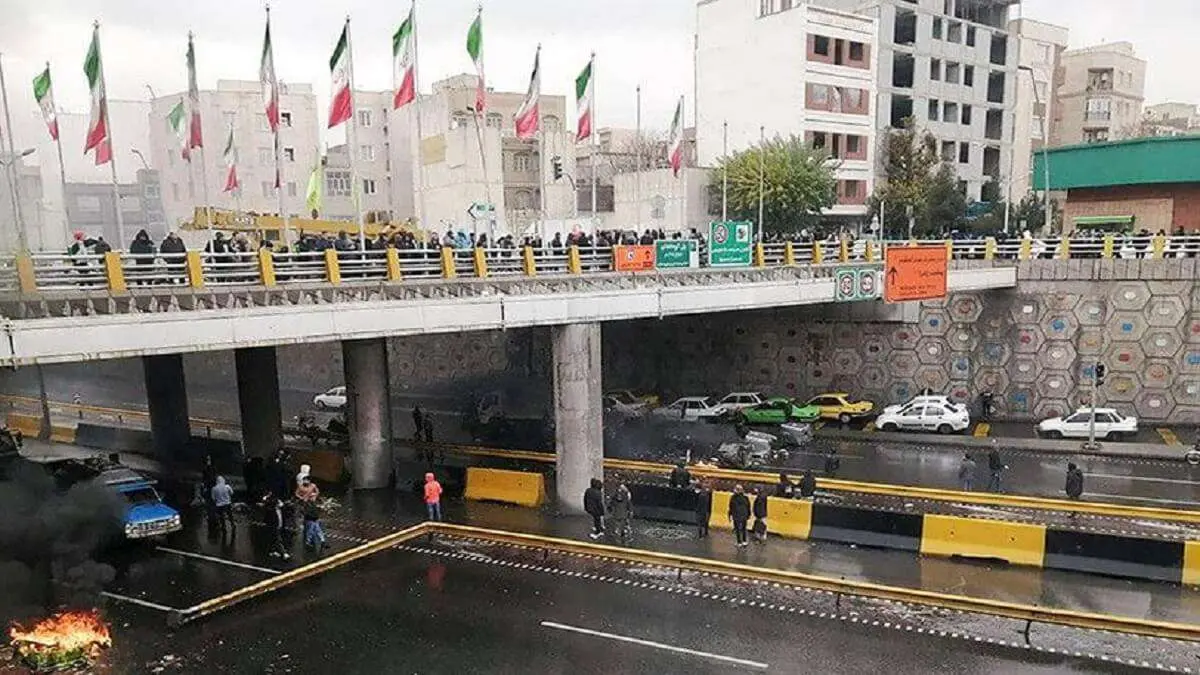Iran: Seventh day of strike by oil, gas, petrochemical, steel, power plant and copper mine workers

On Thursday 27 April, the strike of oil, gas, petrochemical, steel, power plant and copper mine workers spread to 109 factories and enterprises in 38 cities in 13 provinces of Iran. By keeping silent about the movement and openly ignoring it, the authorities and the official media are trying to force the oppressed workers, who are forced to provide for their daily needs, to break the strike.
The strikers are demanding, among other things, a 79% wage increase, twenty days of work and ten days of rest due to their exhausting work, the removal of predatory middlemen and improved conditions in the rest and living camps.
For many years, Khamenei has entrusted the country's most important source of income, the oil, gas and petrochemical industries, to institutions affiliated with him and the Revolutionary Guards. They work with workers hired by intermediary companies who have to operate in the most remote areas with the lowest wages and under the most inhumane conditions. Some of these areas are among the hottest places in the world, and the workers' rest camps lack air conditioning, cooling facilities, water and proper sanitation. The workers describe their conditions as modern slavery, explaining that they used to be able to buy meat once every few months, but now they can't even afford to buy eggs.
On the eve of May Day, the official daily Tousee wrote on 24 April: "The right of workers to participate in determining their future is almost non-existent, which shows that the voice of the workers is not heard at the factory level, nor at the national level, and their demands are not being met (...) until the government returns to power, until the government returns to its neutral role, the wage oppression of the working class and its lack of rights will continue (...) In the 2022 wage negotiations, the government was more aggressive than the employers and they had already agreed on the wage increase. The work continued in such a way that a 27% wage increase was approved without the real consent of the workers' representatives and the fact is that the government insisted on this small amount more than the employers."

